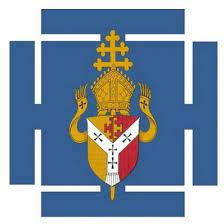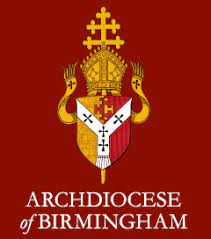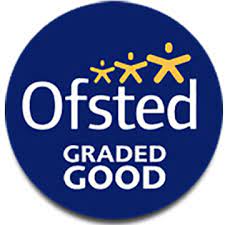Maths

Intent
At St. Mary’s Catholic Primary School, we believe that mathematics is essential to everyday life. It is our intention to provide all children with a high-quality mathematics education, which will enable them to make sense of the world and develop their ability to calculate, reason and solve problems. We want to foster a sense of enjoyment and curiosity about the subject that extends beyond the classroom and lasts for life. We believe that all children can achieve in mathematics and foster positive “can do” attitudes towards the subject. We intend to provide a mathematics curriculum that is creative and engaging, that all children can access and make progress in lessons. It is our intention to develop lively, enquiring minds and to encourage pupils to become self-motivated, confident and capable in order to solve problems that will become an integral part of their future. Our mathematics curriculum fulfils the requirements of the National Curriculum and Early Years Learning Goals.
It is our intent that our children will:
- Become fluent in the fundamentals of mathematics through varied and frequent practice
- Develop the ability to recall and apply knowledge rapidly and accurately to problem solving.
- Reason mathematically by following a line of enquiry.
- Recognise and understand mathematical relationships.
- Use mathematical language correctly and use it to explain their reasoning and workings.
- Solve problems by applying their mathematics to a variety of routine and non-routine problems with increasing sophistication and persevering in seeking solutions.
- Have a positive attitude to the subject and be willing to take risks.
- Have a wide range of experiences through a variety of teaching methods and learning situations.
- Develop their own methods of working, building on from what they understand with the aim of becoming mathematically fluent.
- Have the opportunity to acquire mastery in all areas of mathematics.
- Have access to appropriate resources to facilitate them to work independently.
Implementation
We follow the programme of study as detailed in the National Curriculum, which is set out year-by-year for key stages 1 and 2. The expectation is that the majority of pupils will move through the programmes of study at broadly the same pace. Children who grasp concepts rapidly will be challenged through being offered rich and sophisticated problems before any acceleration through new content. Those who are not sufficiently fluent with earlier material will consolidate their understanding, including through additional practice, before moving on. All children in the Early Years Foundation Stage have daily opportunities to develop their mathematical understanding, primarily through play, to meet the needs of Development Matters. The two strands of Mathematics taught in the EYFS are Numbers and Shape, Space and Measure.
To ensure high standards of teaching and learning in mathematics, we implement a curriculum throughout the school that seeks to develop children’s knowledge, understanding and skills and then to apply these to a variety of contexts including real problems. Opportunities are given for investigations and practical work as well as for consolidation and practice of skills. Children are provided with challenging opportunities to master mathematical skills and develop independent learning. Lessons are planned and sequenced so that new knowledge and skills build on what has been taught previously. All abilities in a class are catered for through differentiated tasks and where appropriate different teaching methods. Staff refer to the Maths Calculation Policy when teaching formal methods, understanding that sometimes children find their own efficient methods along the way. Great importance is placed upon the teaching of mental mathematics – from EYFS to Year 6, children are taught Key Instant Recall Facts on a termly basis. In KS1 and KS2, children are also given the opportunity to practise and improve their rapid recall of multiplication facts. Mathematical language is explicitly taught and children are encouraged to use it correctly when explaining their reasoning and working out. ImpacSummative termly assessments taken by pupils.
Impact
By the end of KS2, we aim for children to be fluent in the fundamentals of mathematics and have the ability to recall and apply knowledge rapidly and accurately to a variety of problems.
We measure the impact of our curriculum through the following methods:
- Summative termly assessments taken by pupils.
- Termly data analysis by SLT
- Lesson observations and feedback
- Book scans on a regular basis
- Learning walks and pupil voice conversations.
- Annual reporting of standards across the curriculum.





